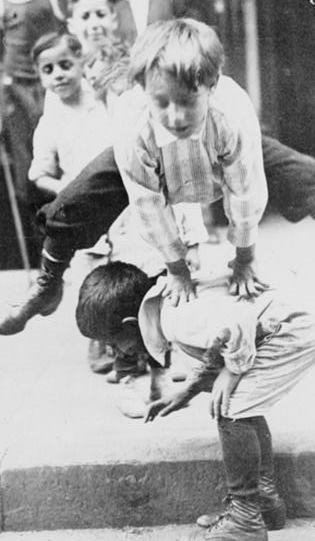Racism was a relentless burden for him. He found freedom in cities. He mentions a few times, about travelling across country, and how difficult it was for example in rural Indiana, and how East St. Louis, LA, Chicago, Detroit and New York were such liberating places. But also there were present the things that would eventually ruin some of these cities. Drugs, for example. Miles had a few years, 49-51 when he was a heroin addict. As in many things, the artists were in the vanguard, as drugs like this did not take-over cities for a few decades.
He writes a lot about looking sharp, dressing right. See this photo below of some of the top jazz musicians of the 40's in front of Mintons:Mintons was north in Manhattan, near or in Harlem, and was black owned, I believe.
Further south in Manhattan, was a happening strip on Fifty Second Street: Lots of cars and lots of lights. He mentions that many of these nightclubs were cramped, and not built for the purpose. Interesting how creativity blossoms in such places.
Here is Bird and Miles playing on one of these cramped stages:
He also mentions the Emmit Till murder. When this murder in the rural south became news in 1953, Miles was in the midst of a major studio recording. It affected him deeply. It also spurred activism in the urban black community. Coincident white flight accelerated at this time. American cities have not been the same since.
....Bringing it full circle to today. I just read this quote:
Obama will formally accept the Democratic nomination on Aug. 28, exactly 45 years to the day after King’s speech and 55 years to the day after 14-year-old Emmett Till was murdered in Mississippi...
Now, for the first time in many decades, we may have a president who was raised and lives in a big city, and seems to believe in cities as liberating places. ...Unfortunately he also likes "smooth jazz".









No comments:
Post a Comment